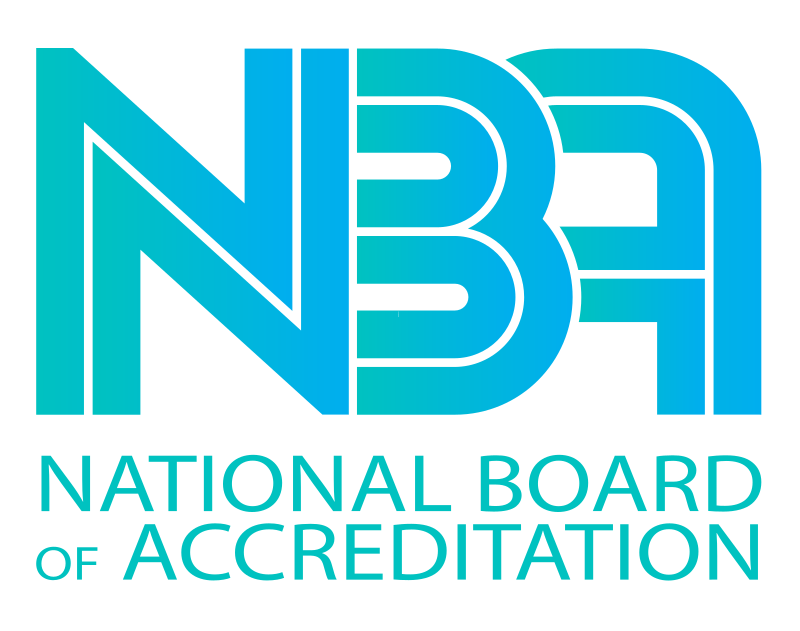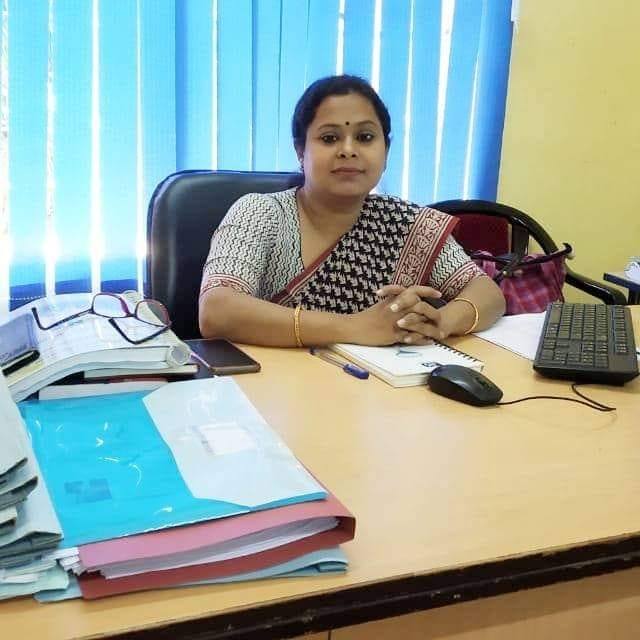Admission 2024
Department of Electrical Engineering, Guru Nanak Institute of Technology has started its auspicious academic journey under the West Bengal University of Technology, presently MAKAUT-West Bengal since 2003. The Department have got National Board of Accreditation (NBA) consecutively in 2009 and 2014 for its excellent performance in the arena of technical education. The department has experienced faculty members with Doctoral degree (PhD), and dedicated technical staffs.
The laboratories well-equipped with high value hardware experimental setup including industry oriented software packages. The Department provides world brand education in core engineering field which will help the budding engineers to apply the knowledge in interdisciplinary research and projects. To make the Electrical Graduate an industry ready, the department arranges industry visit, Soft skill and aptitude classes and also regular basis classes for qualifying GATE/PSU.

3 Years

Department of Electrical Engineering would like to take this opportunity to give insights about the department.
Electrical Engineering was introduced in the year 2003 at our esteemed institution, Guru Nanak Institute of Technology, Sodepur Kolkata with a key objective and aim of providing both fundamentals and Industry ready programs in this field by nurturing the students to deep-dive in their fields of interest and also motivating them to excel.
In this direction, the department provides an excellent environment for its students and faculties to work with zeal and enthusiasm with an aim to give their best. The department also provides facilities to carry out research in the emerging technology areas. The course has a healthy blend of Power system, Control System, Power Electronics and Drives, Renewable Energy and programming languages like Python JAVA etc. The commitment and passion for learning and teaching by the students as well as faculties will definitely lead our future budding engineers to be industry ready. The course pattern is planned to keep the students up-to-date with recent trends by organizing regular trainings, e-learning , industrial visits, workshops, conferences, faculty development programs, etc. The students are provided a platform to think, express, and exhibit their skills.
With qualified and experienced senior faculty members, the department is boost of rich academic delivery both theory and practical. The sophisticated labs of the department like Power Electronics, Electrical Machines, with software like MATLAB, ETAP, PSIM, Mi-POWER, LABVIEW help students to simulate and emulate with the real time problems in a more practical way.
The department in association with professional bodies conducts various programs such as Workshops, Technical Training, Guest Lectures and Seminar by Experts from Industry and Academic background for constant knowledge up-gradation of staff and students. This activity helps to know the latest technologies, in the field of Electrical Engineering.
I am extremely happy to be associated with this department, one of the core and oldest branch of Engineering. I thank our management, researchers, teachers, alumni and students for their continuous support and cooperation.
We continue to play a leading role in our discipline which leads us towards creating innovative and effective professional graduate community which would vivacious and provide continuous learning. I extend my warm wishes to all budding Electrical Engineers.
I wish the very best for my faculties and students.
Eighty nine percent of students say services helps them feel like they belong at GNIT
DV: To product new generation technologists and entrepreneurs with creative minds, innovation and advanced research by inculcating world class education meet industry expectations and impart sustainable growth of the society in global perspective.
Three to five years after graduation, the Department of EE expects its four-year, B. Tech in Electrical Engineering program graduates to have achieved the following:
PSO 1: To explore the ideas, methodologies and cutting-edge technologies in Renewable Energy and Electric Vehicles for gaining competence to solve energy related problems.
PSO 2: To analyze, design and provide an engineering solution applying knowledge of Embedded System, Smart Grid, Power Electronics and Electric Drives.
PSO 3: To use modern software tools for simulation, analysis and designing electrical and electronic Systems.



